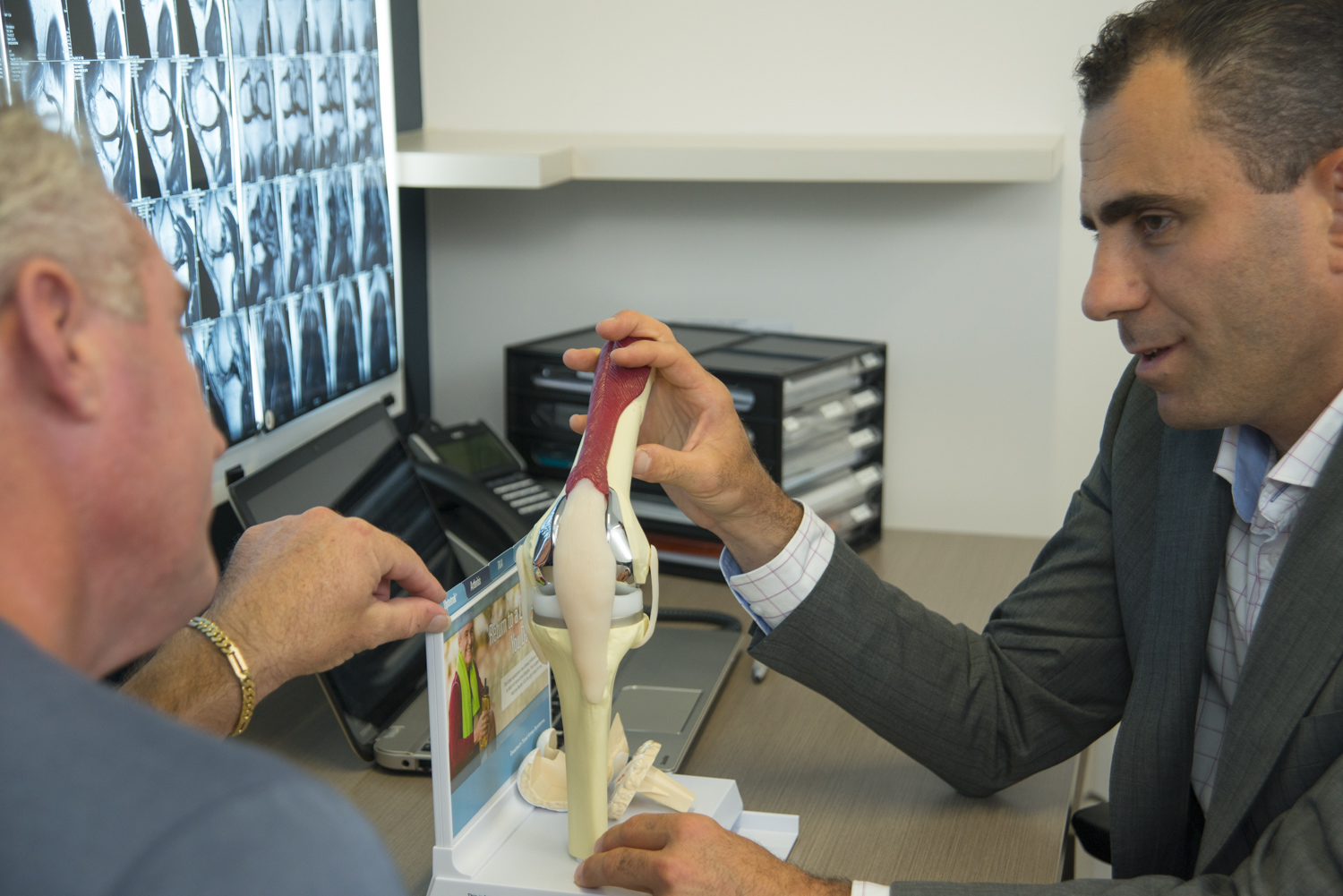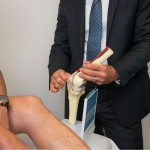
In 2010, the World Health Organisation (WHO) identified osteoarthritis as one of the ten most disabling diseases in developed countries. The estimates from around the world identify that 10% of men and 18% of women over the age of 60 have moderate and severe forms of symptomatic OA.
OA also known as “wear and tear” arthritis is a long-term chronic disease that is characterised by the deterioration of joint cartilage which forms a cushion between the bones. When cartilage is lost, this results in bones rubbing together which creates stiffness, pain and impaired movement.
While OA is most commonly related to ageing, it is a multifactorial disease, meaning there are different causal influences. Some of these include family history, ethnicity and joint injury which are nonmodifiable risk factors, but there are also modifiable risk factors. Adopting positive lifestyle changes that focus on joint health and modifying certain behaviours can be a key factor in preventing the onset of osteoarthritis.
#1 Keep active
Keeping physical active is a key element in joint health and introducing a daily exercise plan is the first step to good joint health and will aid with joint lubrication and nourishment. Focus on exercises that help with:
- Stretching and range of movement exercises help the joints as well as the nearby muscles. These types of exercise keep the joints moving and help with joint stiffness.
- Building muscle strength assists in providing stability to our joints.
- Overall fitness. Aerobic exercise that keeps you moving and focuses on increasing your heart rate helps improve heart and lung health and assists with endurance.
#2 Lose weight
Obesity has been identified as being a significant factor in impacting on joint health and multiple studies have directly linked obesity to an increased need for joint replacement.
The Australian Bureau of Statistics reported that 65% of people aged over 15 years who reported osteoarthritis were classified as overweight/obese based on their height and weight.
Obesity particularly effects the hip and knee joints due to the extra load placed on the joints. For the knee joints, each pound of body weight places four to six pounds of pressure on each knee – so imagine the extra load placed on joints even if you are moderately overweight.
The effort that you make to lose weight will deliver an enormous positive impact on your joint health.
#3 Eat right
Selecting the right food types has been proven to assist in maintaining good joint health.
Research has shown that food rich in omega 3 fatty acids and vitamin D as well as anti-oxidants including vitamins A, C and K are beneficial as anti-inflammatories and protecting our bodies from free radicals and preserving our ligaments and bones. Various studies have also proved a reduction in joint pain and inflammatory markers from omega 3.
Omega 3 rich foods include fatty fish such as salmon, herring, tuna, trout, mackerel and sardines, soybeans, walnuts, chia seeds and flax seeds. Green leafy vegetables are rich with antioxidants and garlic and ginger have ant-inflammatory effects.
#4 Keep injury free
Joints that have been injured are more likely to develop OA. When you are exercising and in your daily activities be sure to adopt safe practices to minimise the risk of sprains, strains and trauma to your joints.
Include warm up and cool down activities as part of your routine before and after sport or exercise and maintain safe workplace practices.
Conclusion
While there is no magic bullet to preventing OA, adopting a holistic approach to joint health will not only benefit your joints but your overall health and well-being.
If you are suffering with OA or other joint related problems and want to discuss available treatment options, call our office today on 02 9806 3333 to arrange for a consultation.


